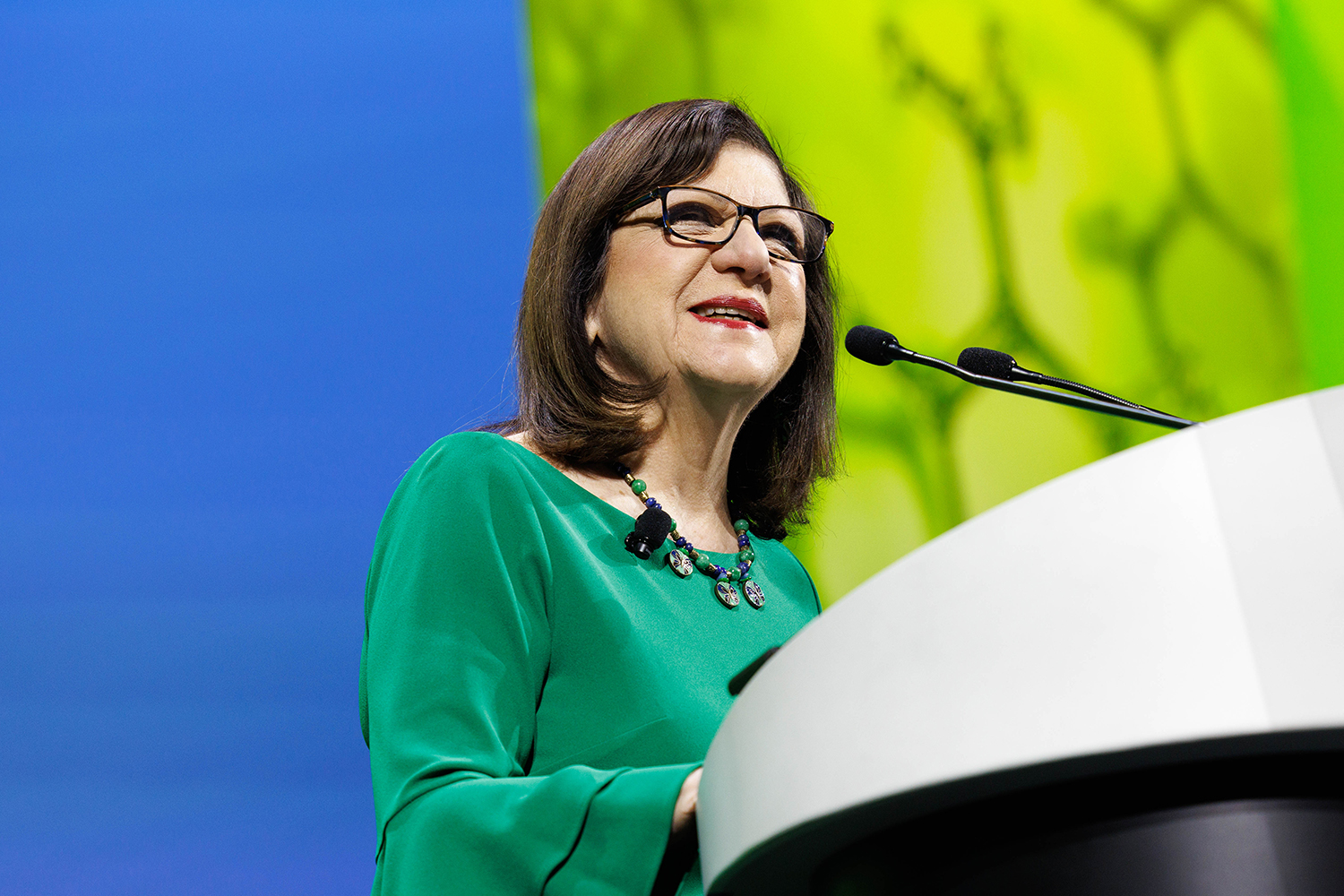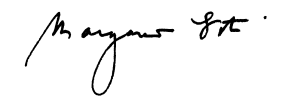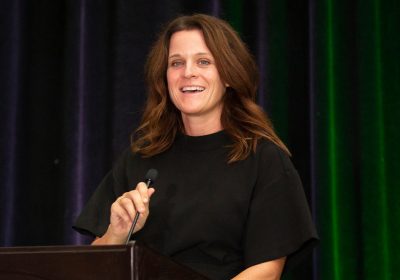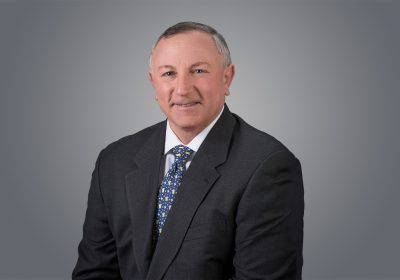
Collaboration Is Key to Cancer Research Innovation
As the world’s first and largest cancer research organization, the American Association for Cancer Research® (AACR) is globally recognized as the driving force behind scientific breakthroughs and practice-changing cancer treatments, but being at the leading edge doesn’t mean going it alone.
The AACR has a longstanding commitment to scientific collaboration. In April, prior to our Annual Meeting, we hosted the inaugural AACR Oncology Industry Partnering Event, which convened several hundred researchers, industry partners, and investors to share innovative strategies for the development of oncology therapeutics and diagnostics. Our Annual Meeting 2024, held this year in San Diego, is the pinnacle event of innovation, inspiration, and collaboration in cancer research! This year’s meeting drew a record crowd of more than 23,200 registrants. In the Opening Ceremony, we honored Pfizer CEO Albert Bourla, PhD, for Pfizer’s sustained and ongoing contributions to progress against cancer. Pfizer announced last December its intention to donate the rights of its royalties from the sale of the immunotherapeutic avelumab (Bavencio) to the AACR because of our longstanding reputation for innovation and trailblazing science. This transformative donation will support cutting-edge science and drive further progress against cancer.
Initiatives like these are a testament to the power of collaboration, and the AACR believes that cancer research is strengthened when we work together. In September 2023, we announced the launch of the AACR Cancer Centers Alliance. To date, 94 of the nation’s cancer centers have joined as members of the Alliance, which will catalyze collaboration and accelerate the pace of discovery for the benefit of patients.
The AACR has also expanded its existing partnerships. Since 2008, the AACR has served as the Scientific Partner to Stand Up To Cancer (SU2C). In November 2023, we signed a new agreement with SU2C, giving to the AACR the responsibility for administering SU2C’s groundbreaking grants program.
A new era in the AACR’s longstanding collaboration with UT Health San Antonio to present the San Antonio Breast Cancer Symposium (SABCS) also began in 2023. With the AACR’s increased involvement, SABCS experienced record participation at its December 2023 meeting, with nearly 11,000 attendees and more than 1,800 abstracts.
Synergistic partnerships like these continue to catapult the field forward. However, we must acknowledge that not everyone has experienced the benefits of this progress. In May 2024, we released the third edition of the AACR Cancer Disparities Progress Report, which outlines the complex socioeconomic, cultural, and environmental factors that drive and perpetuate health disparities and highlights recent progress in mitigating these inequities.
In line with our steadfast commitment to achieving health equity, this year we will host the 17th AACR Conference on The Science of Cancer Health Disparities in Racial/Ethnic Minorities and the Medically Underserved, a pioneering annual conference that continues to provide a vital forum for the latest science on addressing inequities in cancer research and care.
Further, the AACR has continued its partnership with the Bristol Myers Squibb Foundation to organize the Robert A. Winn Diversity in Clinical Trials Workshop, which supports the career development of early-stage investigator physicians from diverse backgrounds who have a demonstrated commitment to fostering diversity in clinical research and to increasing the number of individuals from underrepresented communities in clinical trials.
Paramount to the AACR’s bold vision of achieving health equity is ensuring that the cancer research and clinical workforces are representative of the patients that they serve. We are extremely proud of the accomplishments of the AACR-Minorities in Cancer Research and AACR-Women in Cancer Research constituency groups in advancing equity in the cancer workforce. Notably, this year, the AACR-Women in Cancer Research group is celebrating 25 years of supporting the professional development of women scientists. Moreover, in 2023, the AACR established an Asian/Asian American and Native Hawaiian/Pacific Islander Task Force, whose mission is to propose steps to strengthen the recognition and leadership pipelines of these scientists and physicians, who represent 35% of the AACR’s membership.
It takes a global effort to eradicate the scourge of cancer. One-third of our members are located outside the United States, and the AACR is proud to have formed impactful collaborations with scientific and clinical organizations on six continents to advance cancer science and train a worldwide cancer workforce, especially in countries with emerging economies.
As you can see from these many examples, the success of the AACR’s work is not just the result of individual efforts; it is the outcome of our collective endeavors. I am so proud that the AACR puts mission first, and patients and their loved ones are always at the heart of our mission!

Margaret Foti, PhD, MD (hc)
AACR Chief Executive Officer





